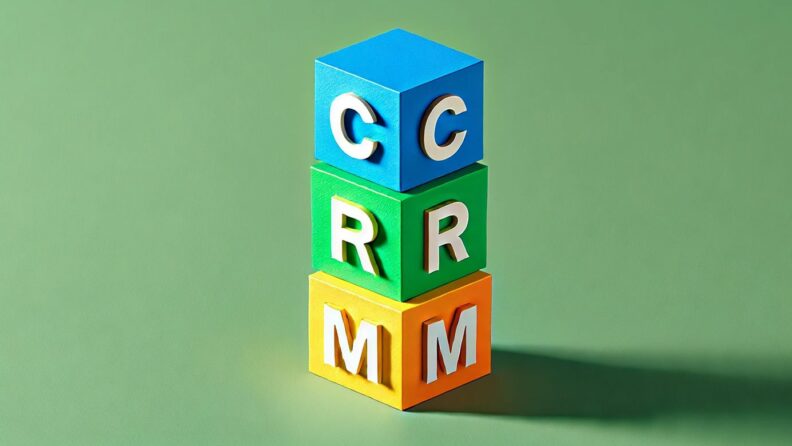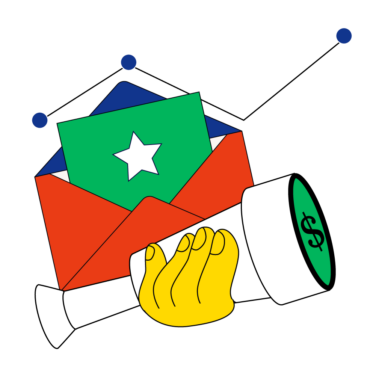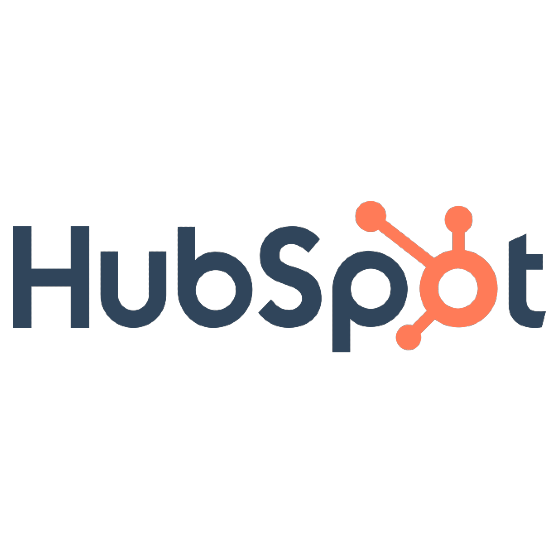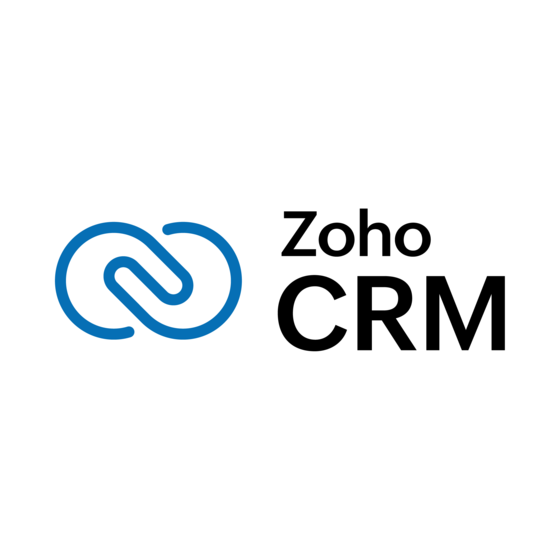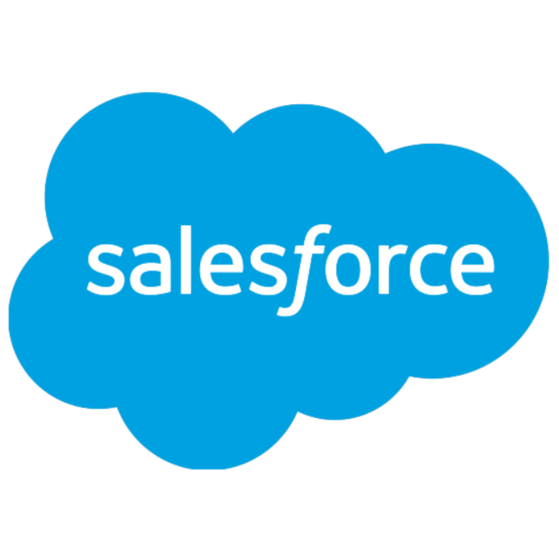The CRM market is a crowded place. It can feel like you are sampling endless vendors—and they all leave a bad taste in your mouth. This quick overview of the 3 types of CRMs should help you find software that’s just right for your business.
What Is A CRM?
A CRM is a software platform that centralizes and manages all of your customer interactions–from marketing campaigns to sales pipelines. It streamlines communication, automates tasks, and provides valuable data insights to improve your customer relationships and ultimately, your bottom line.
The type of CRM you choose depends on your business needs, processes, and future goals. Let's get a taste of each.
3 Types Of CRMs
1. Collaborative CRMs
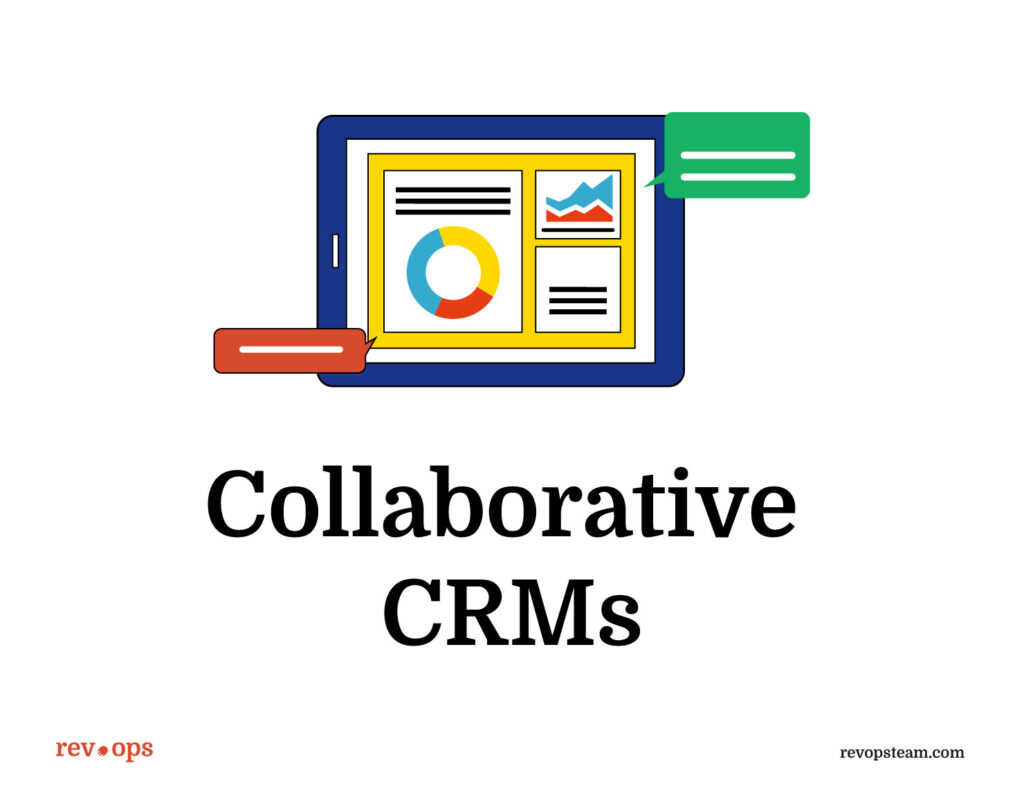
Collaborative CRMs focus on fostering teamwork and communication across departments. They're ideal for businesses where sales, marketing, and customer service teams need to collaborate seamlessly on customer journeys.
Functionality
- Centralized contact management with detailed profiles and interaction history
- Shared calendars and task management tools
- Real-time communication features like chat and video conferencing
- Automated workflows to streamline communication and handoffs between departments
Who is it for?
Collaborative CRMs are perfect for businesses with integrated sales and marketing teams, such as B2B companies or agencies.
Examples of Collaborative CRMs:
HubSpot serves as a comprehensive marketing and sales platform. It caters primarily to businesses seeking robust CRM, marketing, sales, and service tools. Among its standout features are automation workflows, detailed analytics, a drag-and-drop website builder, and an intuitive user interface.
Pros
- Automation: HubSpot automates tedious tasks, freeing up time and ensuring consistency in marketing and sales processes.
- Analytics Depth: Users gain valuable insights into their campaigns and leads, facilitating informed decision-making.
- User Interface: Its intuitive design allows users to navigate and utilize the CRM platform with ease.
Cons
- Learning Curve: New users might find it overwhelming initially due to its extensive feature set.
- Integration Limitations: While HubSpot supports many integrations, not all third-party tools mesh seamlessly.
- Customization: Advanced customization can be a tad restrictive compared to some niche platforms.
From $15/month (billed annually)
Free demo available
Zoho CRM is targeted primarily at small to medium businesses, simplifying the process of tracking and managing customer data and communications. Features include: multi-channel communication, advanced analytics, and robust automation capabilities.
Pros
- Multichannel Integration: Zoho CRM consolidates communications from email, phone, and social media, ensuring no interaction is missed.
- Advanced Analytics: This tool provides in-depth insights into sales trends, allowing teams to make data-driven decisions.
- Automation: Zoho CRM reduces manual tasks by automating workflow processes, and streamlining daily operations.
Cons
- Learning Curve: While feature-rich, Zoho CRM may require time for users to fully grasp its functionalities.
- Integration Limitations: Some users find that it doesn’t always seamlessly integrate with all third-party applications.
- Customization Constraints: Customizing the interface to specific needs can sometimes be challenging.
$14/user/month (billed annually)
15-day free trial
2. Operational CRMs
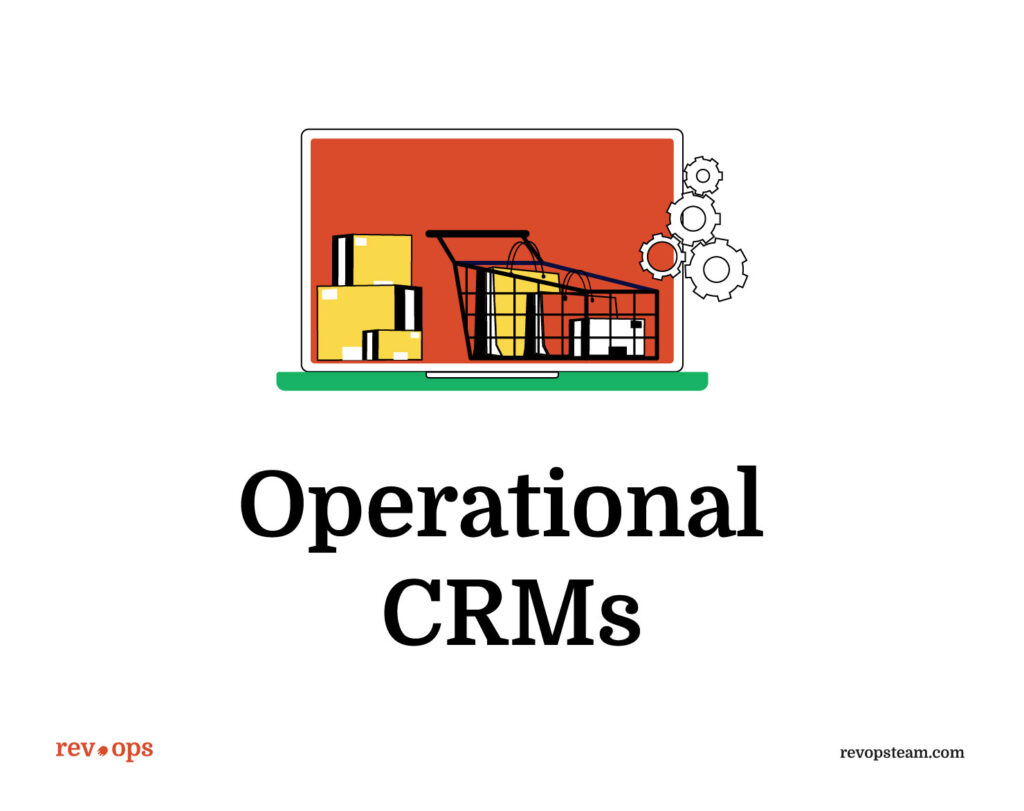
Operational CRMs prioritize automating tasks and managing customer interactions throughout each step of the sales cycle. This type of CRM focuses on streamlining workflows, improving efficiency, and boosting sales productivity.
Functionality
- Automated lead scoring and qualification tools
- Sales pipeline management with customizable stages and forecasts
- Email automation for building lead nurture campaigns
- Built-in reporting and analytics dashboards to track sales performance
Who is it for?
Operational CRMs are ideal for sales-driven businesses with high lead volumes, such as e-commerce stores or telemarketing companies.
Examples of Operational CRMs:
Salesforce Sales Cloud streamlines account management and enhances sales rep performance by consolidating various business processes onto a single, user-friendly CRM platform. It’s praised for: excellent customization capabilities, seamless service integration, and advanced analytics that work together to drive sales efficiency.
Pros
- Customization: Flexibility in design. This means users can tailor the CRM to their specific workflow and industry needs, allowing for a personalized user experience.
- Analytics: Insightful reporting. Users gain access to comprehensive reporting tools that help interpret customer data for more informed decision-making.
- Automation: Streamlines tasks. Routine sales tasks are automated, reducing manual entry and errors, and freeing up time for more critical sales activities.
Cons
- Complexity: Steep learning curve. New users often find the wide array of features daunting, requiring significant time to become proficient.
- Integration: Occasionally cumbersome. While Salesforce integrates with many systems, the setup for these integrations can be complex and may require technical assistance.
- Cost: Potentially high investment. For small businesses or individuals, the cost may be a barrier, as the full suite of features comes at a premium.
Pricing upon request
Free trial + demo available
Monday Sales CRM orchestrates lead management through real-time notifications and a suite of CRM tools tailored for effective deal management and post-sales account management. Standout features include: versatile templates, comprehensive email tracking, and collaboration that allows team members to stay updated on each deal’s status.
Pros
- Visual Project Tracking: Enhances clarity, Monday Sales CRM presents data in a visual format, which makes tracking projects and sales pipelines more intuitive and actionable for teams.
- Customization: Offers flexibility, this software provides extensive customization options, allowing teams to tailor their CRM to the specific needs of their sales processes.
- Automation: Saves time, automated workflows within Monday Sales CRM reduce manual entry and repetitive tasks, increasing overall productivity for users.
Cons
- Learning Curve: Requires adaptation, new users may find the multitude of features overwhelming, leading to a steeper learning curve compared to more straightforward CRMs.
- Advanced Features: Can be complex, some advanced features may require technical know-how, which might necessitate additional training or support.
- Integration Depth: Sometimes limited, while Monday Sales CRM integrates with many tools, the depth and ease of some of these integrations may not match those of specialized CRM platforms.
From $10/user/month (billed annually)
3. Analytical CRMs
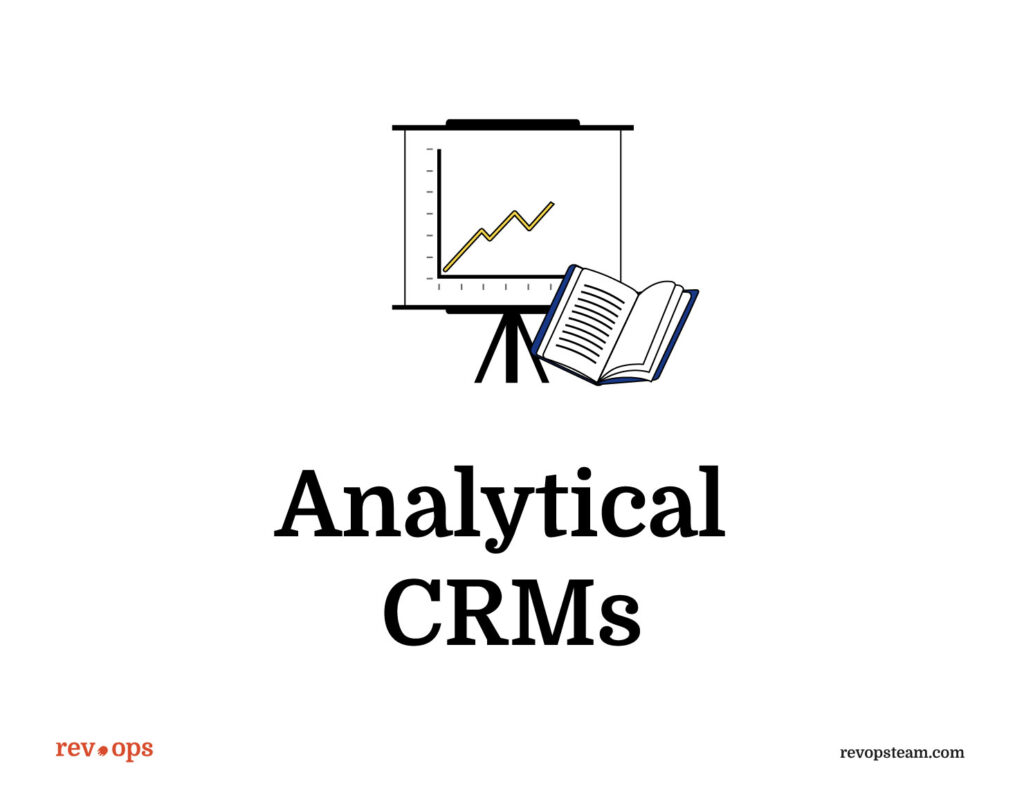
Analytical CRMs excel at capturing and analyzing customer data to gain deeper insights into their behavior and preferences. They help businesses make data-driven decisions to improve marketing campaigns, personalize customer experiences, and boost customer lifetime value (LTV).
Functionality
- Powerful data analytics tools and reporting dashboards
- Customer segmentation capabilities to create targeted campaigns
- Integration with marketing automation platforms for personalized messaging
- Customer lifetime value (LTV) calculations to identify high-value customers
Who is it for?
Analytical CRMs are a valuable tool for businesses focused on data-driven marketing strategies, such as subscription-based services or e-commerce giants.
Examples of Analytical CRMs
What sets Pipedrive CRM apart is its laser focus on managing and visualizing the sales pipeline. It has the ability to customize almost every aspect of the software, from pipelines to reports, making it adaptable to various sales workflows.
Pros
- Visual Sales Pipeline: Enhances visibility, giving users a clear overview of their sales process, which helps in quickly identifying bottlenecks and opportunities.
- Automation Features: Saves time, automating routine tasks to streamline sales activities and minimize manual entry.
- Customization Options: Offers flexibility, allowing teams to tailor the software to their specific sales processes and workflow requirements.
Cons
- Learning Curve: Requires adaptation, as new users may need time to fully utilize all features and customizations effectively.
- Limited Lead Generation: Lacks tools, with few native options for generating new leads directly within the software.
- Basic Reporting: Falls short, providing less depth in reporting and analytical features compared to some competitors.
From $14/user/month (billed annually)
14-day free trial
Insightly combines sales and project management with added benefits for team members like business card scanning and Kanban views for project tracking. Key strengths include drag-and-drop functionality and segmentation for targeted communication.
Pros
- User Interface: Intuitive design—Insightly offers a user-friendly interface that simplifies navigation and user engagement.
- Customization: Tailor-made experiences—The platform allows extensive customization to fit the specific needs of each business.
- Integration: Seamless connections—Insightly integrates well with a variety of apps and services, enhancing its utility and data synchronization capabilities.
Cons
- Scalability: Limited growth—Some users find Insightly less scalable when their business outgrows the initial setup.
- Complexity: Feature-rich yet complex—New users may face a steep learning curve due to its wide array of features and options.
- Support: Varied assistance—The quality and speed of customer support can be inconsistent, which might be a setback for some users.
Pricing starts at $29/user/month (billed annually)
Can I Use Multiple CRM Systems?
While you can combine several types of CRMs to get a comprehensive suite of features, managing multiple systems can be cumbersome. Here's what to consider:
- Integration capabilities: Ensure your chosen systems integrate seamlessly to minimize data silos and streamline workflows.
- Data duplication: Avoid data duplication and ensure consistent information across all platforms.
- User adoption: Consider the training needed for your team to navigate multiple systems effectively in your CRM implementation plan.
What To Look For In Any CRM
No matter which type of CRM you choose, there are features across all categories that are critical to scaling a business—especially in B2B or SaaS. All three bears agree you need to look for:
Integrations
Look for a CRM that integrates with other tools your business uses, such as email marketing platforms or accounting software.
Ease of Use
A user-friendly interface encourages team adoption and maximizes the return on your CRM investment.
Pricing
Evaluate CRMs that fit your budget and can scale with your business needs.
Reporting and Analytics
Track key metrics and gain valuable insights into team performance and customer behavior.
Data Security and Compliance
Ensure the CRM offers robust data security measures and complies with relevant data regulations.
Find A CRM That Works For You
Whether you need a CRM that’s collaborative, operational, analytical, or a mix of all three, upgrading to a CRM can work wonders for the next phase of your business.
Now that you are practically the Goldilocks of CRMs, the next step is to request proposals from CRM vendors or contact their sales teams directly.
Want to take your RevOps game to the next level?
Of course, you do. Subscribe to The CRO Club newsletter for expert advice, software reviews, and other resources to help you deliver predictable growth at scale.

